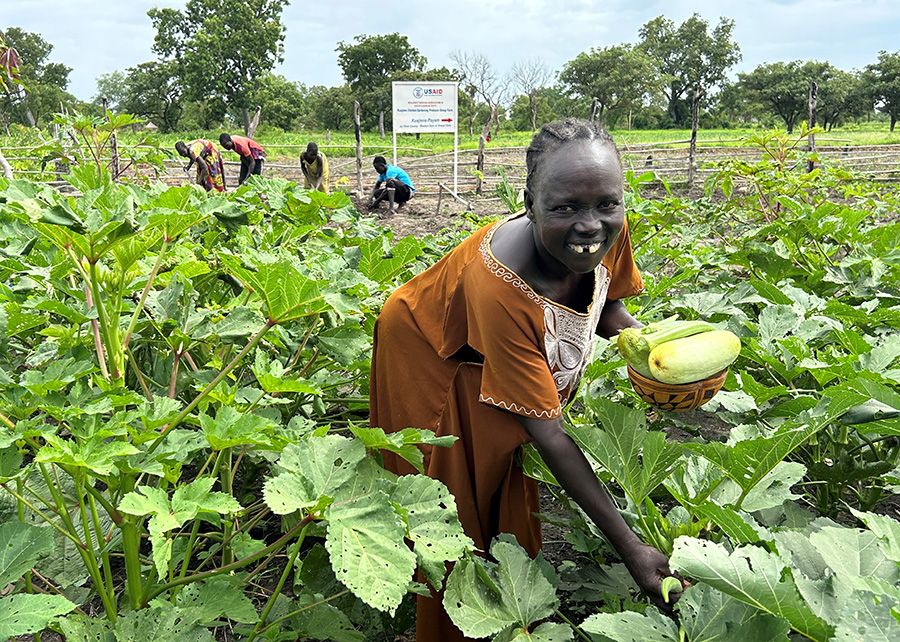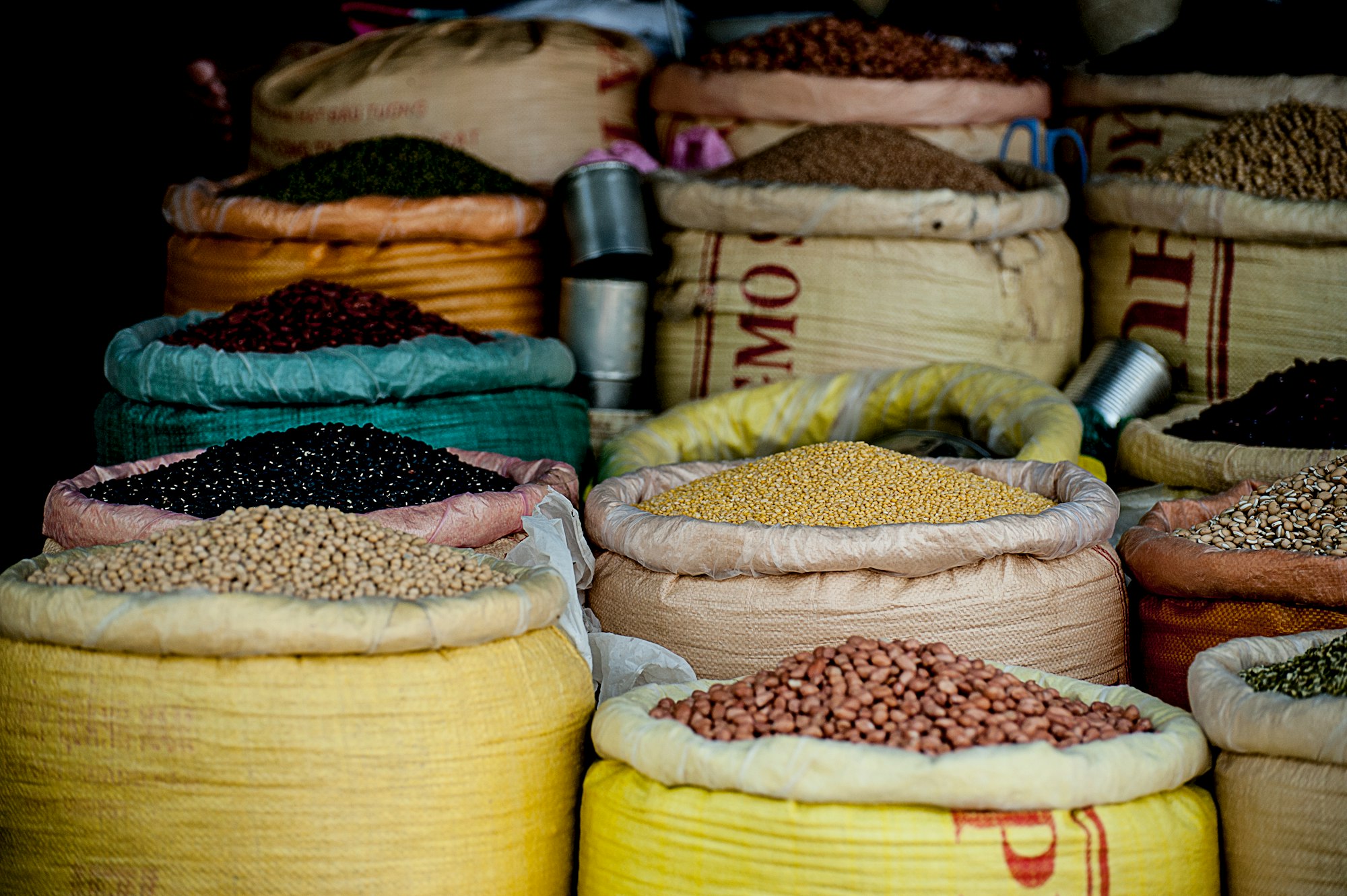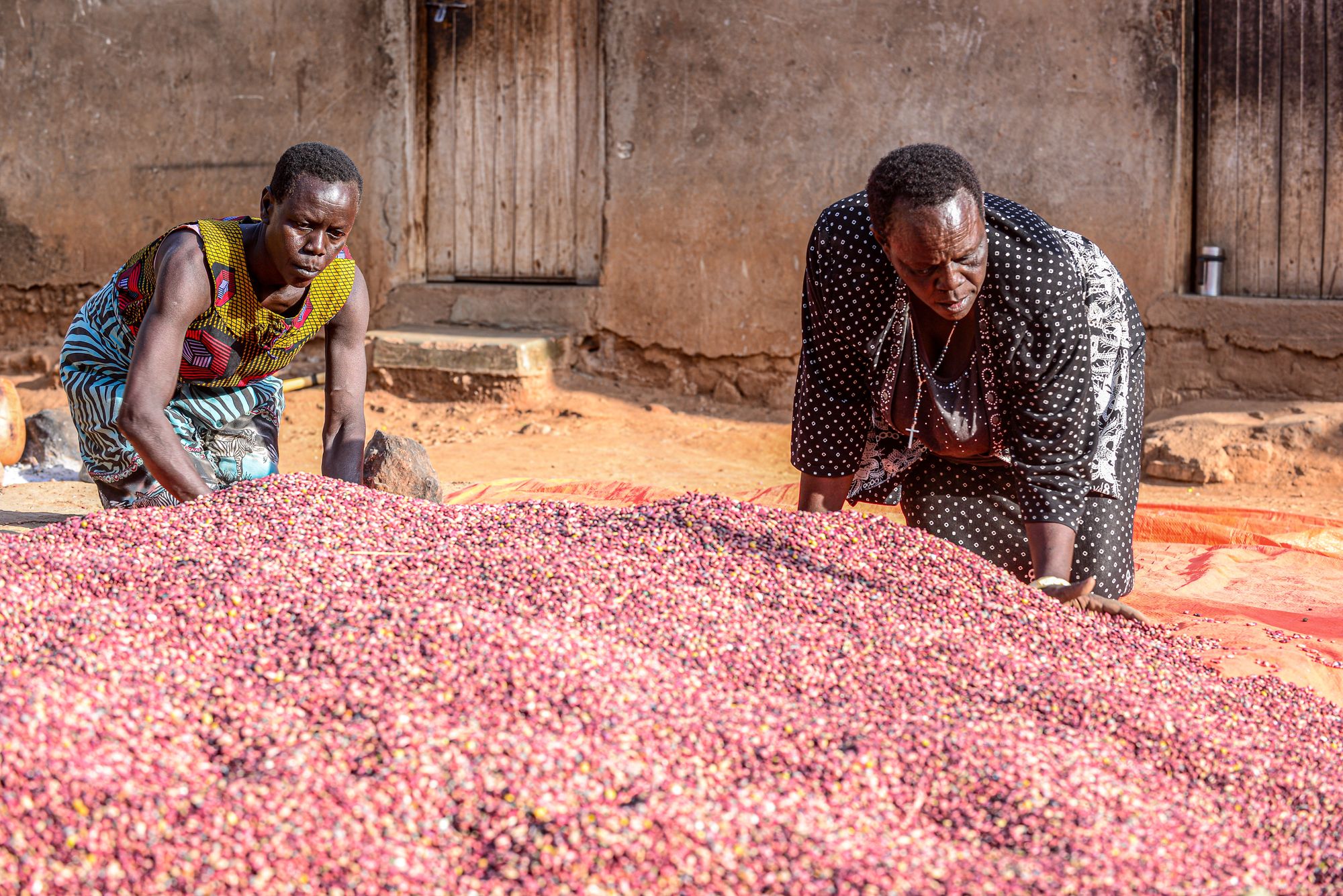More than 40 years of conflict and instability in South Sudan have had long-lasting consequences for its population, especially for women, young people, internally displaced people, and people with disabilities. Women in particular have been exposed to violence and subject to long-term trauma, while patriarchal laws continue to limit their access to land, education, and other opportunities that might pull them and their families out of poverty.
In partnership with the U.S. Agency for International Development (USAID), DAI is addressing these challenges by promoting gender equality, youth empowerment, and social inclusion through the USAID Resilience through Agriculture in South Sudan (USAID RASS) Activity. USAID RASS aims to improve food security and resilience, assisting communities to transition from reliance on humanitarian assistance toward inclusive development, and ultimately economic stability. The project involves women in diversified, market-sensitive agricultural production; increases the availability of and access to diverse, safe, and affordable diets; and expands household and community opportunities to engage in sustainable, locally-driven livelihoods.
Tackling Gender Inequality in Agriculture
Agriculture, fishing, and forestry make up 9.6 percent of South Sudan’s gross domestic product, making it a valuable sector for post-conflict development. However, patriarchal norms have marginalized women. While women make up the vast majority of smallholder farm labor, they are routinely excluded from decision-making and control over resources, reducing their food security, productivity, and incomes.
Our team is addressing these power imbalances and promoting more equal opportunities in agriculture by encouraging women to take part in a broader range of agricultural activities. We work with local leaders to encourage women’s voices, train marginalized groups on improved agricultural practices, improve financial literacy, and support behavior change within and between communities. To date, we have supported 1,736 women and young people in growing their micro, small, and medium-sized enterprises (MSMEs) as one way to help them achieve economic independence, including enterprises such as agro dealerships, soap-making groups, and sewing groups.
USAID RASS is also supporting village savings and loans associations (VSLAs), which help cultivate a savings and lending culture and strengthen the community's financial backbone. Since 2021, the project has supported 116 VSLA groups with startup kits and financial literacy and group dynamics training across nine counties, attracting more than 3,000 members. Although most are in their infancy, an analysis of 50 groups formed across five counties in year one found they had saved approximately 13.5 million South Sudanese pounds (roughly $13,500), of which some 2.15 million pounds ($2,150) has been loaned out to group members. Fifty-six percent of the borrowers are women, most of whom invest in MSMEs, such as peanut butter making, roadside kiosks, bread baking, and grain sales.
Enhancing Agricultural Technology and Practices
Outdated farming methods, low-quality seeds, un-integrated pest management, and limited agricultural extension services hinder effective farming in South Sudan. USAID RASS is providing better access to technology, financial services, and profitable markets while also improving the knowledge of target audiences, particularly women and girls while strategically engaging men on the importance of a nutrient-dense, diverse diet for every household member.
Through farmer groups, USAID RASS has reached 22,300 people with improved technologies and management practices, 55 percent of whom are women. The farmers are now planting improved, climate-resilient seed, using improved climate mitigation management practices, such as no-tillage, mulching, and integrated soil fertility, pest, and disease management strategies; and taking advantage of better post-harvest technologies. Various RASS-provided mechanization technologies—from ox-drawn plows to tractor plowing services—are becoming central to soil preparation, enabling farmers to bring more land into production.
The project’s social behavior change campaign encourages communities to grow nutritious vegetables in home gardens year-round. Tailored messages are educating mothers and caregivers with the knowledge they need to help their children grow up healthy and strong—focusing on crucial nutrition-specific interventions, including promoting exclusive breastfeeding for infants for the first six months after birth, providing adequate diets for children between the ages of six and 23 months, and ensuring that the foods they consume are age-appropriate in both quantity and variety.

Promoting Social Inclusion and Cohesion
In all their interactions with USAID RASS, women, young people, and other vulnerable groups are ensured meaningful participation in decisions that affect them. By addressing and reframing long-standing notions of manliness, the project fosters negotiation, inclusiveness, and collaboration. It also increases knowledge about the importance of nutrient-dense, diverse diets, and seeks to empower men and women to produce and access diverse foods. The project also provides training, technical assistance, and other resources to help women and other vulnerable groups prepare land and access water and other agricultural inputs.
USAID RASS is also strengthening social networks and community structures by engaging the four pillars of the local community—traditional authorities, civil society (including faith-based organizations and women and youth groups), the private sector, and local government—right from the start. The idea is to build social capital, promote trust, and enhance mutual support networks through activities such as public forums, village meetings, and participation in events such as International Women’s Day. These and other tactics bring different groups together to address common challenges.
Lastly, the project promotes social inclusion and cohesion by building disaster resilience and preparedness, building the collective capacity of communities to cope with shocks and stresses, such as droughts, floods, and conflict.
Keeping Stakeholders Accountable
South Sudan’s recent ratification of the African women’s rights treaty, the Maputo Protocol, provides a legal framework through which to hold the government accountable for gender equality and women’s rights. USAID RASS is committed to harnessing this momentum and working with stakeholders to promote gender equality, youth empowerment, and social inclusion in South Sudan as a way of building resilient communities and ensuring a brighter future for all.





